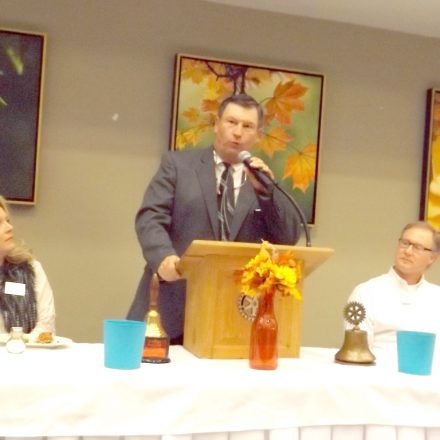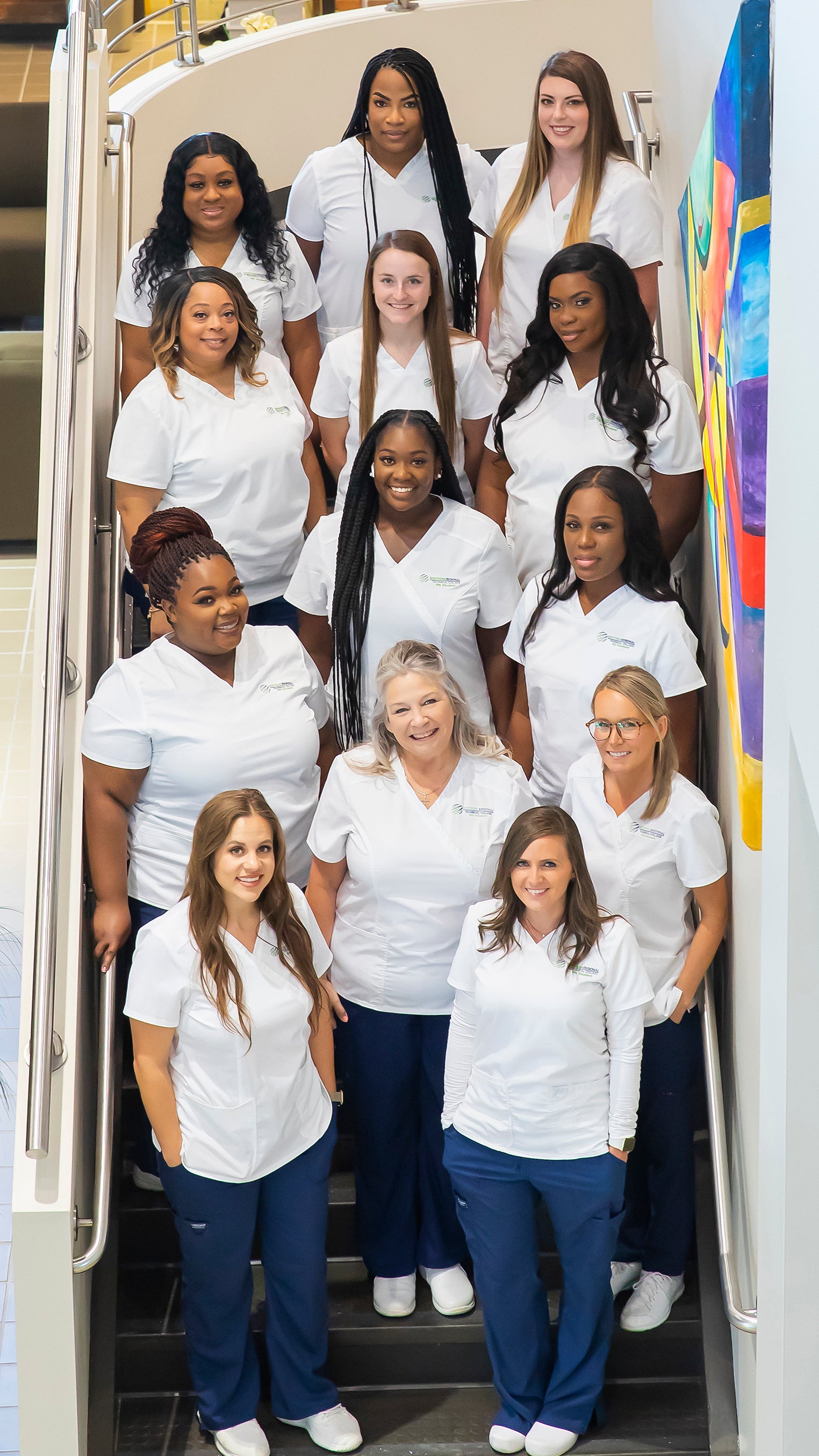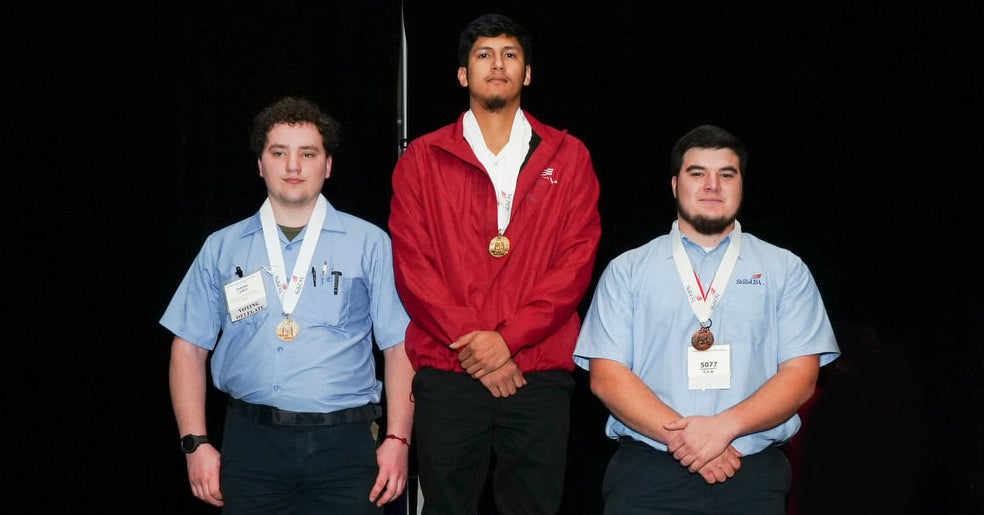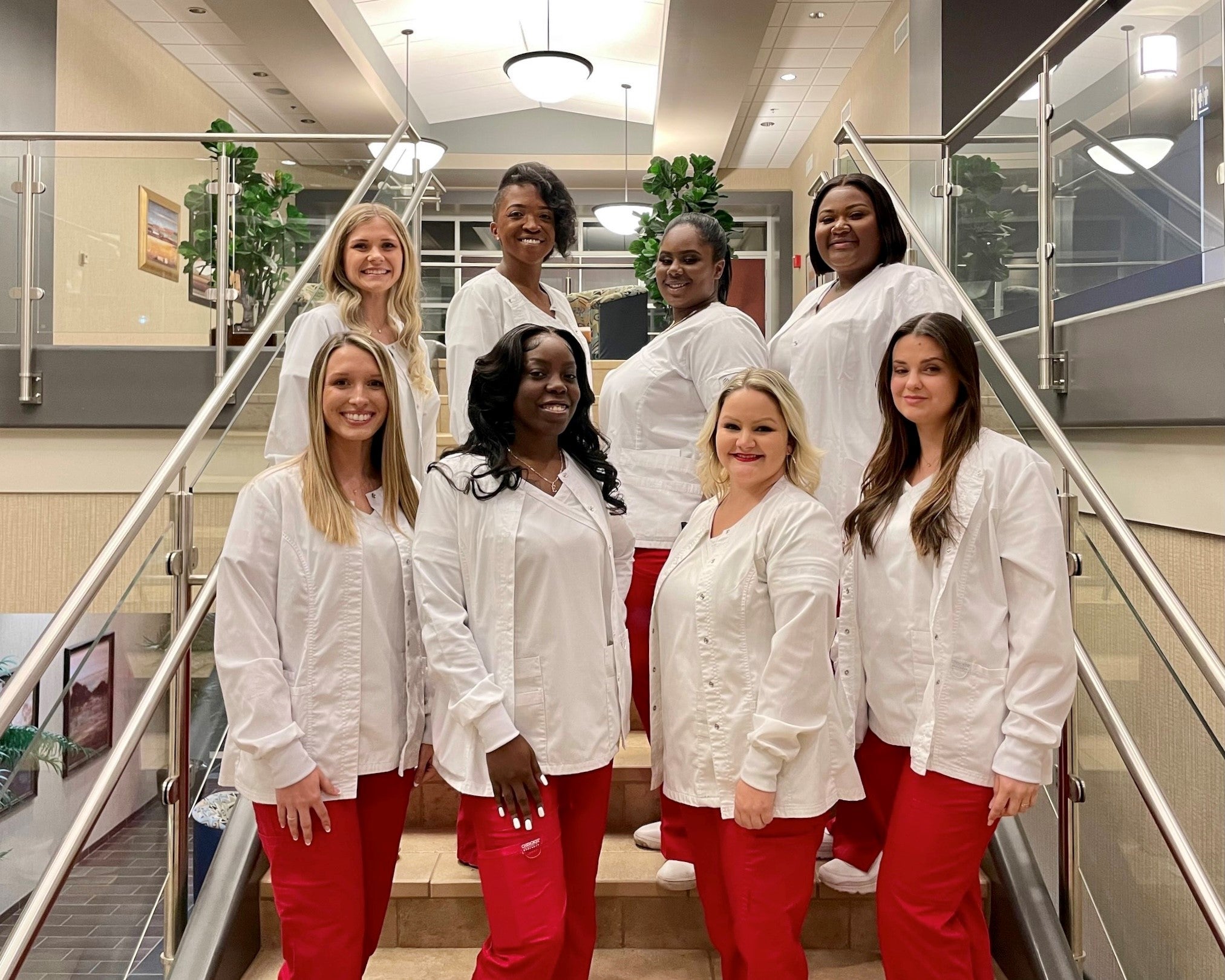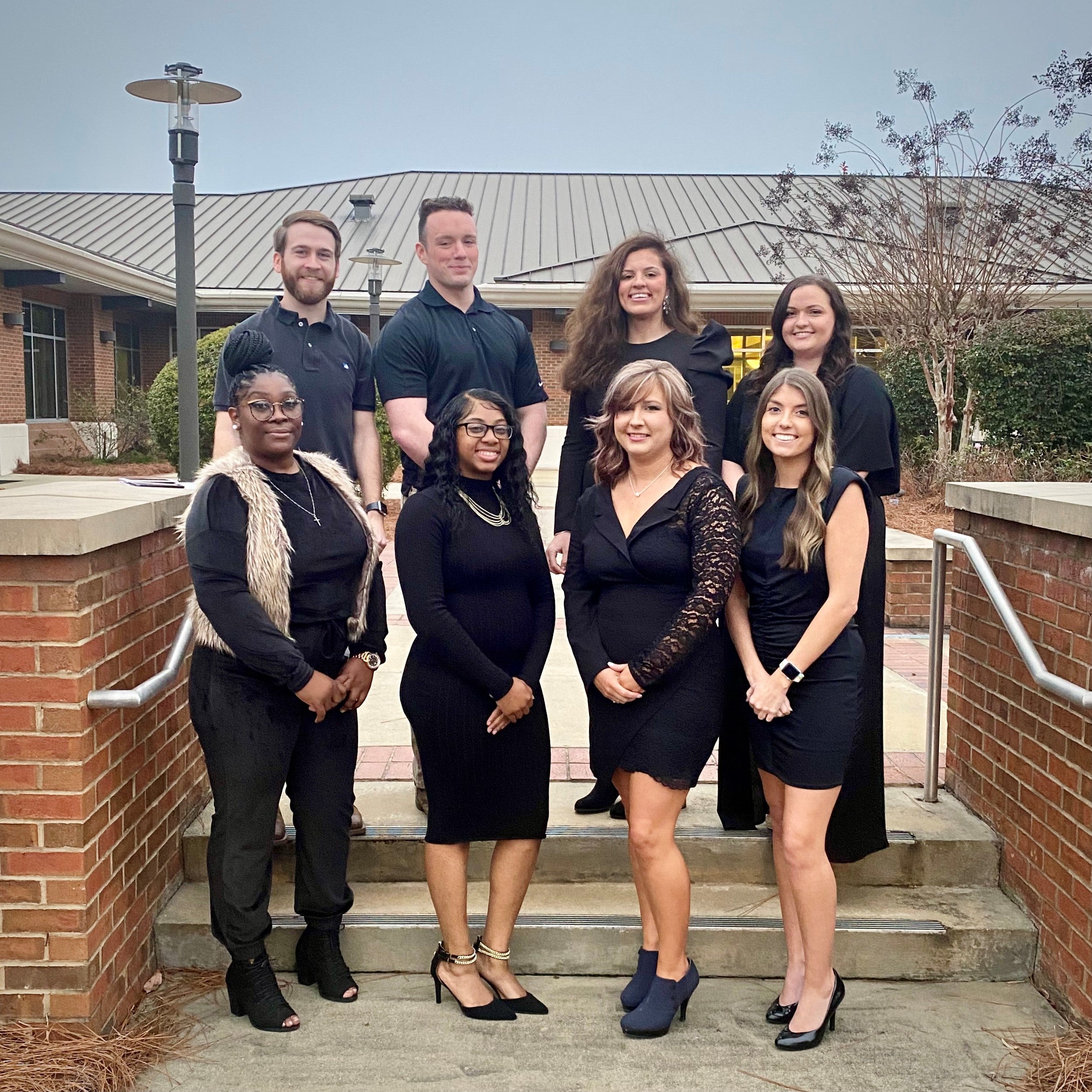Rotarians learn more about changes at BSC
Published 5:06 pm Tuesday, November 14, 2017
Last week Rotarians heard from Dr. David Bridges, President of Abraham Baldwin Agricultural College, whose strategy was to dispel any untrue rumors and present the facts about what the public can expect with the pending merger between Bainbridge State College and ABAC.
This week, Dr. Craig Wentworth, President of Southern Regional Technical College, came to Rotary to explain their role in the transition of ownership.
To further clarify events, effective January 1, 2018 ABAC will merge with Bainbridge State College.
On July 1, 2018, SRTC comes on board and acquires ownership of all the buildings on the campus.
ABAC will share the facilities, including those in Blakely and Donalsonville, while offering baccalaureate and associate degree programs. Dr. Wentworth made it a point to say that the names of the buildings (The Charles Kirbo Center and the Edward Mobley Administration Building) will remain the same, while a legacy wall will be created in the Wellness Center, defining the history of Bainbridge College. They will also be retaining most of the existing faculty and will bring back a welding program to Bainbridge. That is an area with a shortage of qualified workers.
Dr. Wentworth gave a detailed history of the Technical State educational system, stressing the important role they play in educating students for the workplace. He explained that there are 22 colleges on 85 campuses that offer certificates, diplomas and associate degree programs in multiple divisions.
They have 28 articulation agreements with four-year colleges and universities, whereby students in the associated degree divisions can transfer to a four-year school and receive academic credit.
There is also the dual enrollment program that gives high school students the opportunity to take courses, tuition free, through the technical school; get high school credit toward graduation, while at the same time receiving college credit.
Wentworth said they are currently having ongoing meetings with area high schools, including Bainbridge, to explain and recruit for the dual enrollment program.
He defined the five different program divisions offered by SRTC as: Health Sciences, Business, Professional services, Industrial Technology, Arts and Sciences general education.
They also offer a free GED education for those who have not obtained a high school diploma. He estimates there are 1.1 million people over the age of 18 in the state of Georgia who have no high school diploma, nor have graduated with a GED. This is a critical issue for the workforce, as it is becoming more difficult for those persons to find employment.
The Georgia QuickStart program offers free training for new-hires of new companies to the state, or to those who are expanding their operations. This is a critical program to aid economic development.
All programs are basically aimed at developing a workforce trained to do the jobs that exist, and Wentworth claims over the last two years they have maintained a 100 percent placement rate of their graduates.
Many of their technical studies students also take degree transfer courses for the very good reason that the cost is so attractive.
The current cost is $89 per semester hour, with very low fees. Another plus on the financial side is that they also draw students from north Florida and Alabama, who do not pay out of state fees to attend the Southern Regional Technical College. Scholarships are also available.
While the HOPE grant pays 74 or 75 percent of tuition, it does not pay fees nor cover books. There are gap scholarships offered at SRTC, available in each county to cover those expenses not covered by HOPE.
Wentworth said the whole goal of SRTC is to prepare students to go to work in the fields they are being trained for.


